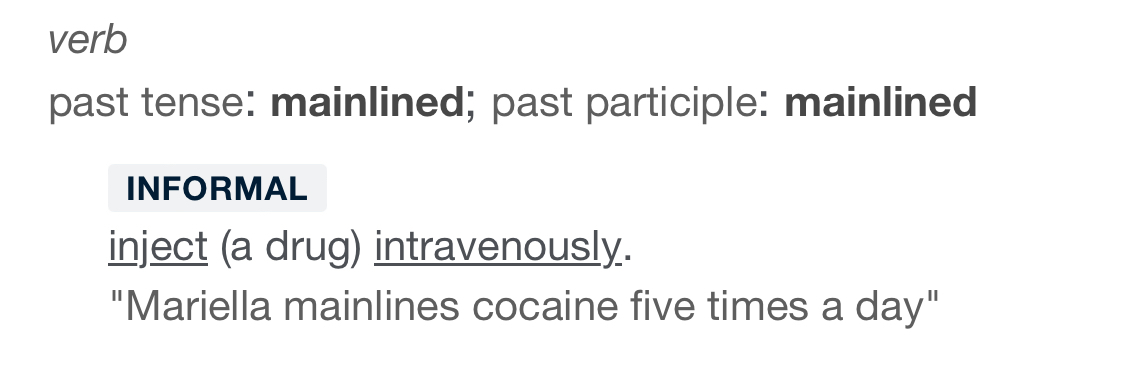Full disclosure, this is outside my area of expertise (whatever that means…).
I want to talk about the thymus and its importance in aging. I recently came across a fascinating paper that builds on a model of human lymphopoiesis across development and aging, and I wanted to share it with you all: (https://pubmed.ncbi.nlm.nih.gov/38908962).
The thymus plays a key role in the immune system, especially in the production and maturation of T-cells, which are crucial for immune responses. One of the things that really piqued my interest is how the paper discusses developmental transitions in the thymus and how these changes potentially affect the immune system throughout life. It’s especially interesting how thymic involution with age may impact immune health, and how this could tie into the overall aging process.
To me, it's wild that the thymus pretty much "dies" before we’re even out of our teens... Seriously, look at Figure 5. This idea has kept me up at night for about a decade now. Anyway, I’m in a transition phase of my career and am fortunate enough to have the latitude to start thinking deeply about the thymus. So let’s chat—we can struggle through my learning phase together!
While I’m still learning the specifics, this got me thinking about the potential implications for therapies aimed at rejuvenating or maintaining thymic function in older individuals. Could these interventions help us preserve immune function as we age? You ever hear of this guy Greg Fahy? Interesting person. He has a fascinating publication history in the area of cryopreservation (another field I want to dive into, and we should totally discuss), but he’s also attempting to rejuvenate the thymus. Here’s one of his papers: https://www.ncbi.nlm.nih.gov/pmc/articles/PMC6826138.
Honestly, I’m not sure where I stand on this yet. I find the hypothesis really interesting, but I’m in no way an immunologist. I’d love to hear your thoughts! If you’ve worked in this space or know of any relevant research, feel free to share. And if you haven’t but have a hot take, I’d love to hear that too! No barrier to entry—feel free to open this up.
What areas in aging or immunology are you curious about? What do you think will get us to 130+ years on this planet!?
